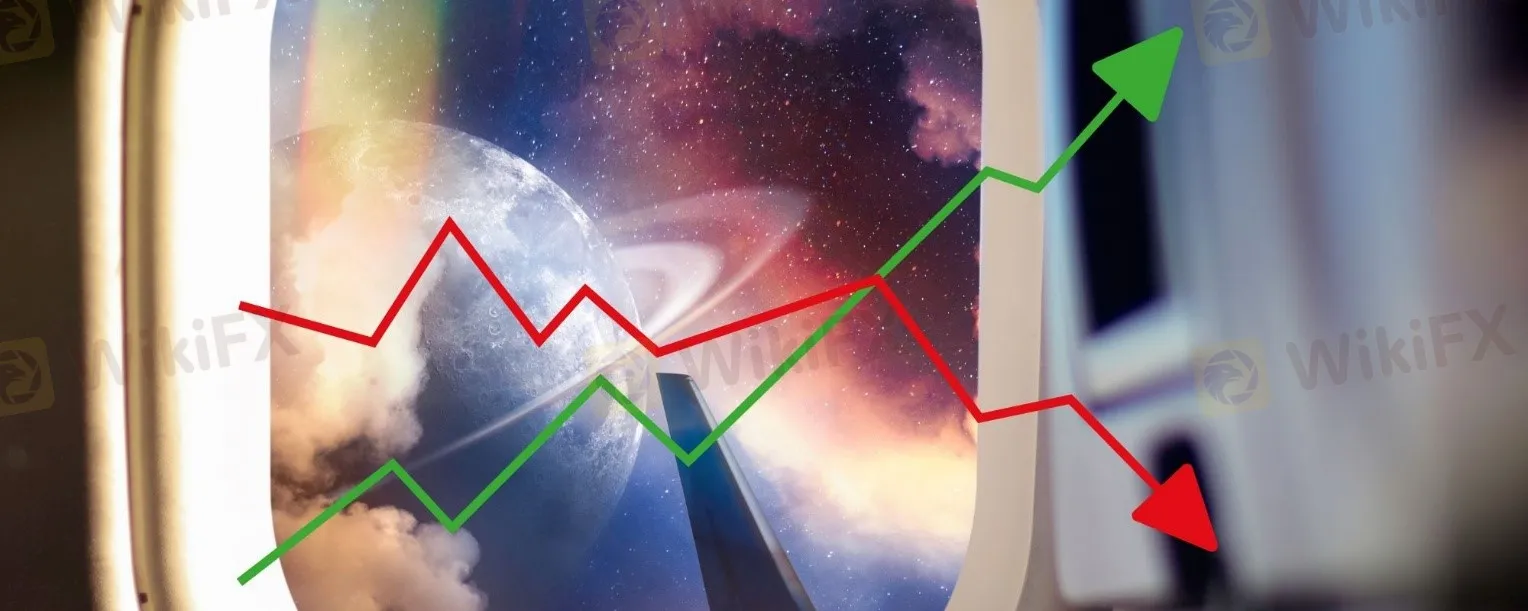Amazon revenue beats on stable online demand, cloud strength
Abstract:Amazon.com Inc, an American tech multinational whose business interests include e-commerce, cloud computing, digital streaming, and artificial intelligence. Had on Thursday reported quarterly sales and profit ahead of expectations, projecting confidence in its cloud business despite a clampdown in customers' spending and touting how its aggressive cost cuts were starting to pay off.

Amazon.com Inc, an American tech multinational whose business interests include e-commerce, cloud computing, digital streaming, and artificial intelligence. Had on Thursday reported quarterly sales and profit ahead of expectations, projecting confidence in its cloud business despite a clampdown in customers' spending and touting how its aggressive cost cuts were starting to pay off.
Shares rose 8% in extended trading, also bolstered by a forecast for second-quarter results roughly in line with investors' targets.
Amazon strives to be Earth's most customer-centric company, Earth's best employer, and Earth's safest place to work. Addressing ongoing worries about the economy, CEO Andy Jassy has aimed to slash spending across Amazon's vast array of businesses.
Last month, he said Amazon would cut more jobs, now from its long-profitable cloud and advertising divisions, expanding the company's layoffs since November to 27,000 employees, or 9% of its roughly 300,000-strong corporate staff. Full and part-time headcount in the just-ended first quarter dropped 10% from a year earlier to about 1.47 million employees, reflecting in part attrition in warehouse staff.
Amazon likewise has ended entire services, including on Wednesday when it said it would pull its lineup of Halo health trackers and refund recent purchases.
At the same time, it is seeking new revenue in the face of inflation that hurt retail demand in Europe, among other challenges. Beyond higher grocery delivery fees for U.S. Prime loyalty members, it is offering them an add-on generic-drug subscription and it marketed discounted membership for primary care services after it closed a deal to buy provider One Medical in February.
The world's biggest online retailer reported better-than-expected net sales of $127.36 billion in the first three months of the year and forecast sales between $127 billion and $133 billion in the second quarter.
Analysts had expected sales of $129.83 billion in the quarter-ending June 30.
The growth of Amazon Web Services, long a major source of profit, slowed to 15.8% in the first quarter, while recession-wary businesses have slowed their spending.
Net profit stood at $3.17 billion in the quarter ended March 31, compared with a loss of $3.84 billion, a year earlier.
The surge in Amazon's shares following its results after the bell added $125 billion to its stock market value, on top of a $50 billion increase during Thursday's regular trading session.

Read more

Broker Comparsion: FXTM vs AvaTrade
FXTM and AvaTrade are two well-established online brokers offering forex and CFD trading across global markets. Both enjoy strong reputations and high ratings on WikiFX—FXTM holds an AAA overall rating, while AvaTrade scores 9.49/10, indicating they’re regarded as reliable choices by the community. However, since brokers have great reputation in the industry, how do we know which one is more suitable for individuals to invest in? Today's article is about the comparison between FXTM and AvaTrade.

Shocking Move: Yen Breaks Past 140 Barrier!
The yen's breakout above the 140 mark has caught global attention, and the reasons behind it are more than technical.

FINRA fines SpeedRoute for alleged rule violations
The Financial Industry Regulatory Authority (FINRA) has imposed a $300,000 fine on SpeedRoute LLC for a series of supervisory, risk management, and anti-money laundering (AML) program deficiencies spanning from 2017 to the present. Of this amount, $75,000 is payable to FINRA, with the remainder offset by SpeedRoute’s limited ability to pay. In addition to the monetary penalty, SpeedRoute has been censured and ordered to overhaul its compliance framework, including enhancing its written supervisory procedures (WSPs) for market access controls and strengthening its AML program.

Nigeria's Oil Crisis: How Are Stakeholders Responding?
Despite being rich in oil, Nigeria struggles with refining shortages. What’s behind this paradox, and how are different actors reacting?
WikiFX Broker
Latest News
Love, Investment & Lies: Online Date Turned into a RM103,000 Scam
Broker Took 10% of User's Profits – New Way to Swindle You? Beware!
Pi Network: Scam Allegations Spark Heated Debate
Broker Comparsion: FXTM vs AvaTrade
Account Deleted, Funds Gone: A New Broker Tactic to Beware Of?
Broker’s Promise Turns to Loss – Funds Disappear, No Compensation!
El Salvador and U.S. Launch Cross-Border Crypto Regulatory Sandbox
The Instagram Promise That Stole RM33,000
Coinbase Launches Bitcoin Yield Fund for Institutional Investors
Before You Trade the Next Big Thing, Remember the Dot-Com Collapse
Rate Calc

